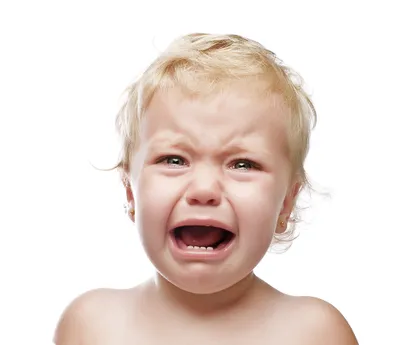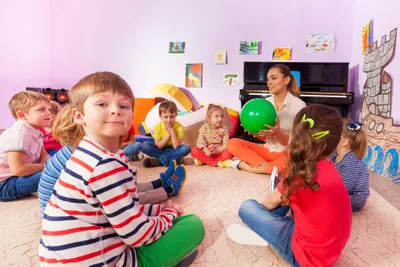Social skills start developing from the time we’re born, through interacting with our parents. However, as our lives become more complex, so do our social connections and expectations. That’s why it’s important to ensure our children are picking up healthy social habits, which they will likely take into adulthood.
It’s not just about how much time your child spends with others if they’re not learning the right social skills, says Parenting Science. There are three key elements your little one should learn to foster healthy communication; self-control, empathy, and verbal communication, said the source. Here are six ways to help guide your child in the right direction when it comes to positive interactions with others…
1. Teach your Child about Feelings
If your child doesn’t understand how their behavior affects others, they probably won’t see a reason to act any differently. Not only will learning empathy lower the chance of your child acting negatively towards others, it can also help your child be better liked by others for understanding how they feel.
One way to help your child develop empathy is by discussing their feelings with them, offers Parenting Science. Ask them what makes them feel happy and sad, and why. By explaining that emotions are normal and what triggers them, your child may learn better coping skills, says the source.
2. Be a Role Model of Positive Emotions
Sure, even adults have bad days and feel irritable. However, since we (should) have a better ability to keep our emotions in check, we can guide our child’s behavior by example. If your child does something you don’t like, you can calmly explain why it’s wrong rather than resorting to yelling.
The Center for Parenting Education in Pennsylvania reminds us that children mimic our behavior from an early age, and the way we react to situations and deal with others can have a positive (or negative) impact in how our children learn to interact. The source notes that good role models can leave a positive impression on your child for life.
3. Provide Age-Appropriate Guidance
Parents magazine notes that you first should identify the stages of social development to optimize how you can positively influence your child. While every child develops at their own pace, knowing what social cues your little one should be picking up on could help you place more focus on that social skill.
For example, 2- to 3-year olds are usually able to use greetings such as “hi” or “bye”, while 5- and 6-year olds can often identify behavior they don’t approve of and say, “stop”. By the age of around 7 is when your child can start learning the kind of empathy that makes them cry at another’s situation, added the magazine. This guideline can also help identify a child struggling with social anxiety.
4. Use Fun Games
Parents magazine also explains that certain games and activities aimed at kids can help them develop social skills. For example, according to the article, The Name Game was developed by researchers to help children learn to address someone before engaging in conversation.
If you don’t remember this particular game, it goes something like this: children form a circle and one of the children has a ball. Ask the child to name someone in the group and roll the ball to them. You could try a variation by having the children say something about themselves when they receive the ball.
5. Teach them Humility
Again, this is probably something that should be reserved for older children. However, teaching humility can go a long way in helping your little one make friends and play nice with others, noted the Women’s and Children’s Health Network in South Australia.
The source breaks down social skills into several components, including communication skills, conflict resolution, and friendship skills. While learning cues such as smiling and listening to others is important, the network also noted that ” being able to laugh at yourself” is also an important skill to keep friends. In short, humility is the ability to remain humble.
6. Identify any Social or Emotional Problems
You may do everything in your power to bestow positive social behavior on your child, but they could still be acting out or not getting along with others. If this type of pattern persists, your child may need a visit to the pediatrician to determine if they have a social disorder.
One growing problem in children is Attention Deficit Hyperactivity Disorder (ADHD), which can affect how your child treats others and focuses on tasks. According to AboutKidsHealth (The Hospital for Sick Children in Toronto, Ontario) it’s best to treat the behavior in the same environment they’re having trouble in. For example, if they’re acting out in class, then focus on getting them more engaged in classroom activities (with the help of teachers).








